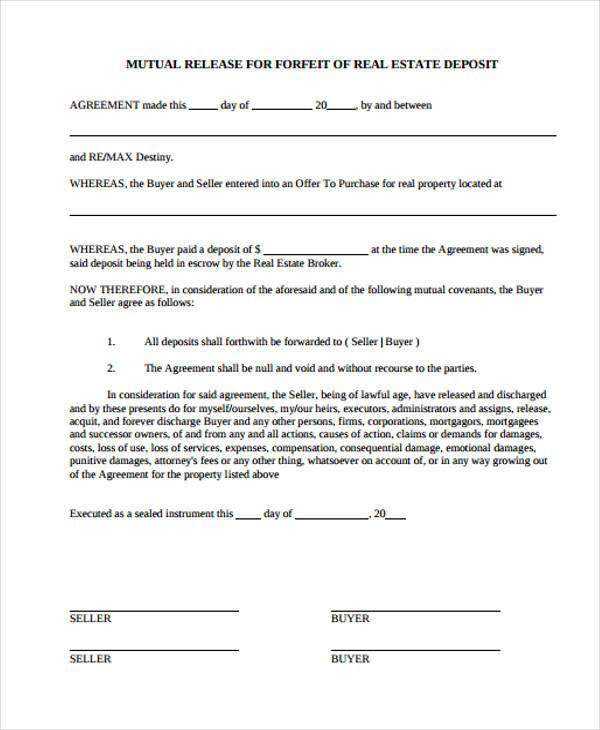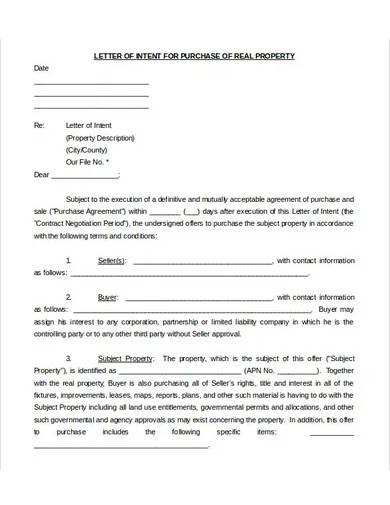

In this regard, the tax court noted, "There is undoubtedly value in the improvements, and the tax exemption does not obliterate that value. 18:12-3.1(b)(2)) that even exempt properties are required to be assessed, but the tax rate is merely not applied to the assessment. The New Jersey Tax Court in EREZ rejected the taxpayer's position due to the long-standing governing legal authority (N.J.A.C. While the municipality concluded that the improvements for the project were, in fact, exempt from real property taxation, it also determined a total equalized assessed value of the subject property to be $12,651,600 (allocated $10,515,600 to the improvements and $2,136,000 to the land) as the starting point for the calculation of the NRDF. The taxpayer's rationale for the starting point of a $0 equalized assessed improvement value for the NRDF was that the improvements were exempt pursuant to the LTTEL. The LTTEL agreement contained no discussion on the calculation of the NRDF for the project. 40A:20.1 et seq.) and therefore, upon project completion, the improvements constructed were exempt from real property taxation. The taxpayer's completed project (a 60,000-square-foot office building with associated improvements) was also partially exempt from taxation under the Long-Term Tax Exemption Law (LTTEL) (N.J.S.A. The subject property in EREZ was vacant and previously owned by the municipality, and therefore it was previously exempt from taxation. Broadly speaking, the NRDF is calculated by applying a 2.5 percent rate to the equalized assessed value of the subject property, minus permitted deductions as set forth on Form N-RDF. Director, Division of Taxation addresses two issues: (1) whether the equalized assessed value of an exempt property's improvements (part of the starting point for the NRDF calculation) should be $0, and (2) whether the value of the parking lot improvement in that case should have been specifically deducted from the calculation of the fee.

The New Jersey Tax Court's reported decision on February 1 in EREZ Holdings Urban Renewal, LLC v. 46), and the calculation and resulting NRDF are reported by the developer and the assessor on Form N-RDF. The amount and calculation of the NRDF is set forth in N.J.S.A. New Jersey's Non-Residential Development Fee (NRDF) is a required contribution by non-residential developers toward a municipality's affordable housing trust fund.


 0 kommentar(er)
0 kommentar(er)
